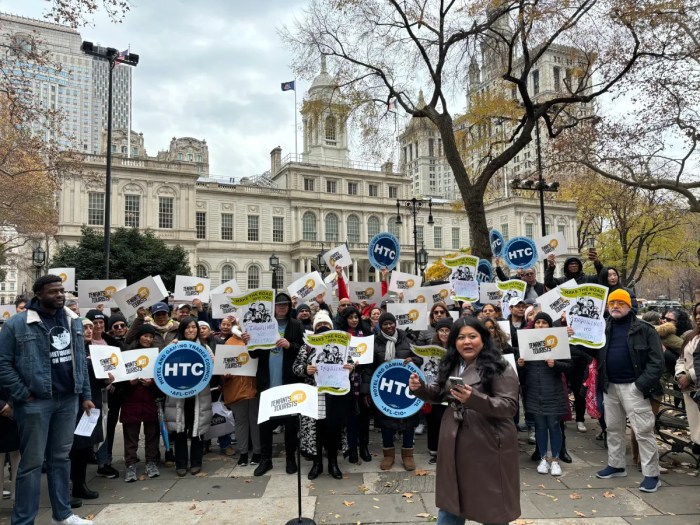By Sadef Ali Kully
A federal court Monday approved two proposed policing reforms on racial profiling and the much-debated stop-and-frisk policy for the NYPD after a landmark case, Floyd v. City of New York, against the police practice was won in 2013.
In 2013, after a nine-week trial, Manhattan Federal Judge found the NYPD liable for a pattern and practice of racial profiling and unconstitutional stops.
Last year, the reform process began between community groups and the NYPD under the monitor’s supervision.
The monitor made final recommendations for reforms to the NYPD’s stop-and-frisk policy: the first policy prohibits stops based on racial profiling and the second policy requires police officers to fill out a receipt explaining the reason for the stop if the person is not arrested.
The new police reform policy will begin Sept. 21, according to federal court records.
The practice of stop and frisk has four levels of inquiry: Level 1 is the request for any information; Level 2 is when a officer determines there is some indication of criminality; Level 3 is the actual stop and frisk; and Level 4 is the arrest after being stopped and frisked.
At Level 3 if the stop-and-frisk search does not warrant an arrest, then officers will hand out an information card.
Police relations, in New York and across the nation, have been a controversial topic sparked by the death of Eric Garner, who was killed in a police chokehold in Staten Island, and Michael Brown, a young man fatally shot by police in Missouri, last year.
The NYPD responded to the federal court ruling.
“Based on the recommendations of the federal judge and court-appointed monitor, a new patrol guide procedure governing stop and frisk provides a new explanatory receipt to persons stopped but not arrested, barring exigent circumstances. The change to the patrol guide was approved on Aug. 24.”
But Police Benevolent Association leader Patrick Lynch, who has been against reform of stop and frisk , said, “Just one more item on the ever-growing list of anti-public-safety measures that will put an end to pro-active policing in this city and ultimately accelerate the increase in crime and disorder that we are already seeing in our public spaces.”
Councilman Rory Lancman (D-Hillcrest), a vocal advocate on police reform and chairman of the Council’s Courts and Legal Services Committee, wrote to the federal judge overseeing the process to suggest that Level 2 of the stop and frisk policy should also be documented.
“Information cards are an important tool to help cops understand the legitimate grounds for making a formal ‘stop,’ and an important step in improving police-community relations,” Lancman said. “But this pilot needs to extend to even less formal police stops to ensure that these encounters don’t metastasize into the same regime of wide-scale, unconstitutional street harassment that led to this reform.”
Reach Reporter Sadef Ali Kully by e-mail at skull




































